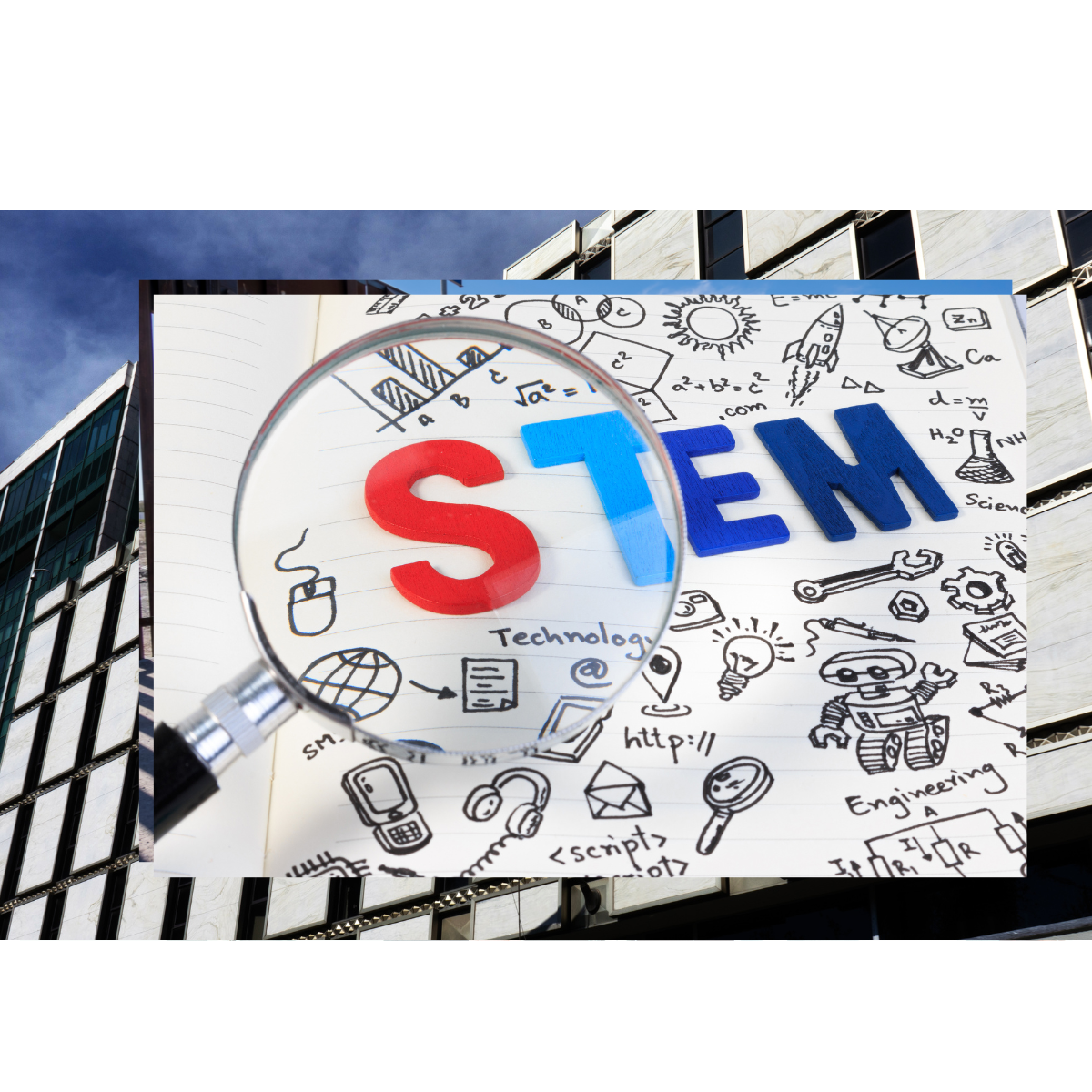Expanding Opportunities for STEM Talent: Leveraging National Interest Waivers and Schedule A Visas
The Biden administration has undertaken measures` to enhance the applicability of the use of National Interest Waivers (NIWs) and Schedule A immigrant visa categories to attract, hire, and retain STEM talent in the United States. These changes provide employers with more flexible and efficient pathways to sponsor international STEM professionals for U.S. permanent resident status, bypassing some of the more cumbersome steps involved in the traditional PERM labor certification process.
National Interest Waivers for STEM Talent
National Interest Waiver (NIW) Eligibility:
The NIW allows certain EB-2 visa applicants to bypass the labor certification requirement if their work is deemed to be in the national interest of the United States. This waiver is particularly advantageous for STEM professionals whose work aligns with critical and emerging technologies or addresses significant national needs.
Criteria for NIW:
To qualify for an NIW, applicants must demonstrate that that they possess and advanced degree or a bachelor’s degree and at least five years of related work experience, or they meet the legal definition of “exceptional ability”. In addition, they must demonstrate that:
1. Their proposed endeavor has substantial merit and national importance.
2. They are well-positioned to advance the proposed endeavor.
3. It would be beneficial to the United States to waive the job offer and labor certification requirements.
Application to STEM Fields:
STEM professionals working on critical technologies, such as semiconductors, AI, and other advanced fields, are particularly well-suited for NIWs. The Biden administration has emphasized the importance of these fields to national security and economic competitiveness, making it easier for professionals in these areas to secure NIWs.
Enhancements to Schedule A Visas for STEM Talent
Schedule A Group II Expansion:
The U.S. Citizenship and Immigration Services (USCIS) has expanded the definition of “Schedule A Group II” to include any field of knowledge or skill for which colleges and universities commonly offer courses leading to a post-secondary degree. This change broadens the scope beyond traditional sciences and arts to cover a wider range of STEM fields, and is intended to streamline the permanent resident sponsorship process for high-achieving employees in sectors experiencing a shortage of qualified U.S. workers.
Benefits of Schedule A Designation:
1. Waiver of Labor Market Test: Occupations under Schedule A do not require the labor market test typically mandated for PERM certification. This means employers can avoid the lengthy process of proving that there are no qualified U.S. workers available for the position.
2. Broad Eligibility: The expanded definition includes any field with degree programs, thus encompassing a wide array of STEM occupations, from computer science to engineering and beyond. This change makes it easier for employers to sponsor top-tier international talent across diverse STEM disciplines.
Advantages Over Traditional PERM Process
Speed and Efficiency:
1. Labor Market Test Waiver: Both Schedule A and NIWs eliminate the need for a labor market test, which is a core component of the PERM process. This test involves proving that there are no qualified U.S. workers available for the job, a process that currently takes more than one year on average.
2. Direct Filing: Schedule A applicants can submit their immigrant visa petition directly to USCIS without first obtaining labor certification from the Department of Labor (DOL). Similarly, NIW applicants can file their petitions directly if they meet the criteria for national interest, saving significant time and administrative effort.
Flexibility for Employers:
Employers can benefit from these streamlined processes by reducing the time and resources spent on the traditional PERM certification. Avoiding PERM allows for quicker onboarding of highly skilled international talent, which is crucial in fast-paced STEM industries where project timelines are often tight, and innovation is key. However, USCIS now allows for “premium processing” of NIW petitions, so employers and foreign nationals receive and adjudication (approval, denial, or request for evidence) within 45 business days of the filing.
Conclusion
The Biden administration’s expansions to the Schedule A immigrant visa category and the strategic use of National Interest Waivers present robust pathways for employers to attract and retain STEM talent from around the globe. These changes not only expedite the hiring process but also align with the broader goal of maintaining the United States’ leadership in science and technology by ensuring that the most talented professionals can contribute to the nation’s innovation ecosystem without undue delay.
Employers looking to leverage these options should consult with immigration experts to navigate the application processes effectively and maximize the benefits of these streamlined immigration pathways.

